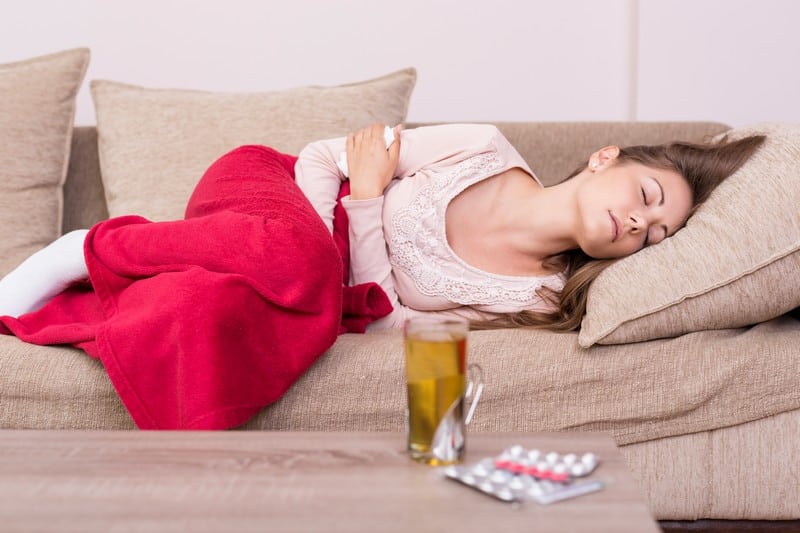Almost all mammals, including humans, have nipples. Nipples or mammary papilla are small elevated regions of tissues on the surface of the human breast. They have very sensitive, and special nerves stimulated during sexual intercourse, leading to sexual arousal in both males and females.
In males, nipples have no known physiological purpose, but nipples are extremely important for females. The primary physiological purpose of nipples is to serve as the pathway for breastmilk to be delivered from the mammary glands to the baby. When the baby suckles the nipple, the body produces oxytocin which triggers the production and movement of milk.
Females, especially breastfeeding mothers, may encounter several problems involving their nipples. More exposure and stimulation increase the chances of experiencing complications in the mammary papilla. Unusual nipple discharge, clogging of the breast ducts, infection, mastitis, eczema, and edematous areola are common problems that females (and sometimes males) may experience.
Sore nipples or nipple pain is a common problem resulting from simple things to severe health conditions. This article talks about the different causes of nipple pain.
Menstruation or Hormonal Changes

Menstruation is a natural body process among females. It is a monthly vaginal bleeding wherein the body expels tissues and blood from the uterus lining that can cause physical and psychological changes in a woman’s body. For example, some women may experience extreme mood swings, muscle cramps, headaches, food cravings, fatigue, loss of appetite, breast tenderness, and nipple soreness.
Nipple pain or an increase in nipple sensitivity occurs days before the period starts. This is due to the high levels of progesterone and estrogen produced by the body. The sudden increase in these hormones draws more fluids to the breast, leading to swollen tissues and muscles. Fortunately, nipple pain triggered by menstruation will slowly subside when the period starts. However, it would be best to seek medical help if the pain stays and elevates for more than a few days.
Major life events and milestones can also cause the hormones to shift. For example, teenagers entering adolescence or puberty may experience nipple pain due to the development of breasts. On the other hand, elderly females nearing menopause may also experience soreness of breasts and nipples. Some birth control methods may also trigger side effects like nipple soreness.










